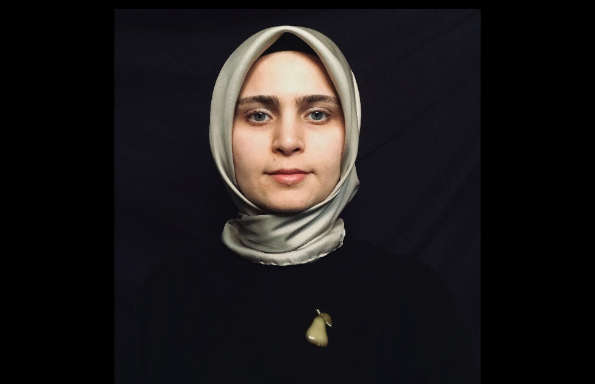PhD award for Nurcihan Bektas

Congratulations to Nurcihan Bektas, who has been awarded her PhD in November 2024. Nurcihan’s thesis was entitled ‘Assessment of Thermal Comfort and Microclimate in a Traditional Settlement in Türkiye (Gelemic Village in Keles District of Bursa City)’ . Nurcihan’s PhD study was supervised by Dr Haniyeh Mohammadpourkarbasi, Professor Steve Sharples and Dr Giamila Quattrone.
Nurcihan’s project investigated the microclimate and thermal comfort in Gelemic village, a rural heritage settlement in Bursa, Turkiye. Using on-site weather monitoring, literature review, and the simulation modelling software ENVI-met and DesignBuilder, Nurcihan’s research assessed the thermal performance of the built environment at both street and building scales. Retrofit strategies were developed to investigate potential changes in the thermal comfort and energy demand of some of the village dwellings. Physiological Equivalent Temperature (PET) was used as an outdoor thermal comfort metric. Key design elements, such as carriage passageways, height-to-width ratio for row houses, and vegetation, play a crucial role in optimising neighbourhood thermal comfort and these parameters were also analysed.
Nurcihan’s results indicated that in the coldest month the thermal comfort in the living room of a traditional adobe house improved significantly after retrofitting. However, during the hottest month, thermal comfort in the same house showed only a very small improvement i.e. retrofit measures had a minimal impact on thermal comfort in summer. Building air infiltration emerged as the most critical factor in reducing energy demand for heating, followed by wall, roof and floor insulation respectively. However, the optimised microclimatic design did significantly influence indoor thermal conditions in summer, resulting in lower indoor temperatures and improved thermal comfort. Conversely, indoor thermal comfort remained virtually unchanged in winter for the optimised microclimate. Overall, retrofit measures achieved an impressive 90% energy saving, with significant improvements in winter indoor thermal comfort. The new microclimate design further reduced space heating energy demand by an additional 6%. In conclusion, Nurcihan’s research provides valuable insights into optimising thermal comfort and energy efficiency in rural heritage settlements, with possible applications for other heritage villages in similar climates.
Nurcihan has presented her work at a major international conference and is currently preparing two journal papers:
Bektas N, Sharples S and Mohammadpourkarbasi H (2022) Assessment of the urban micro-climate and thermal performance of a traditional settlement in Turkey, Proc. 4th iiSBE Forum of Young Researchers in Sustainable Building, Prague, 4-6 July 2022